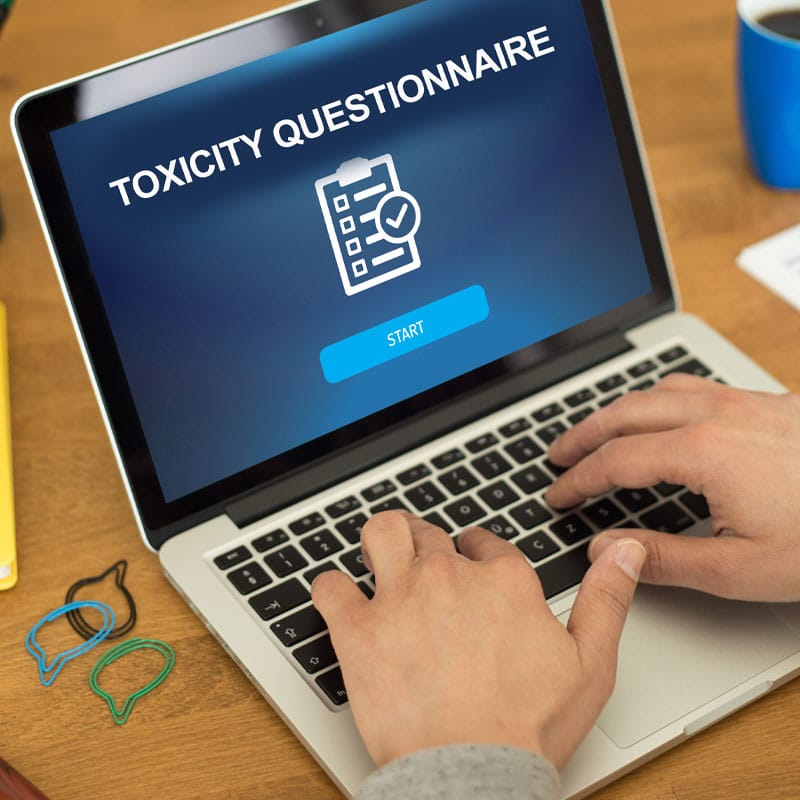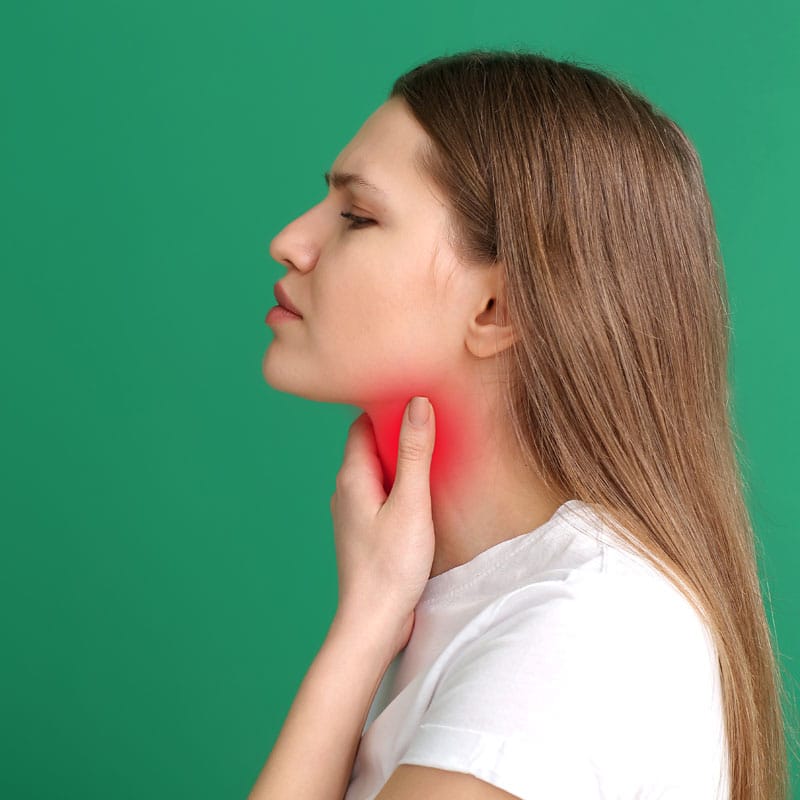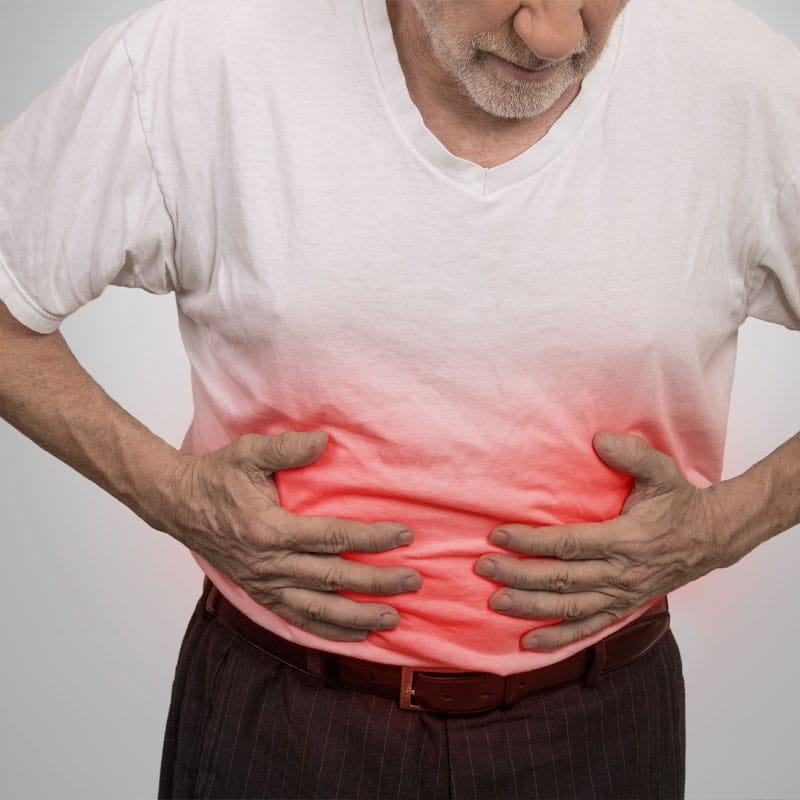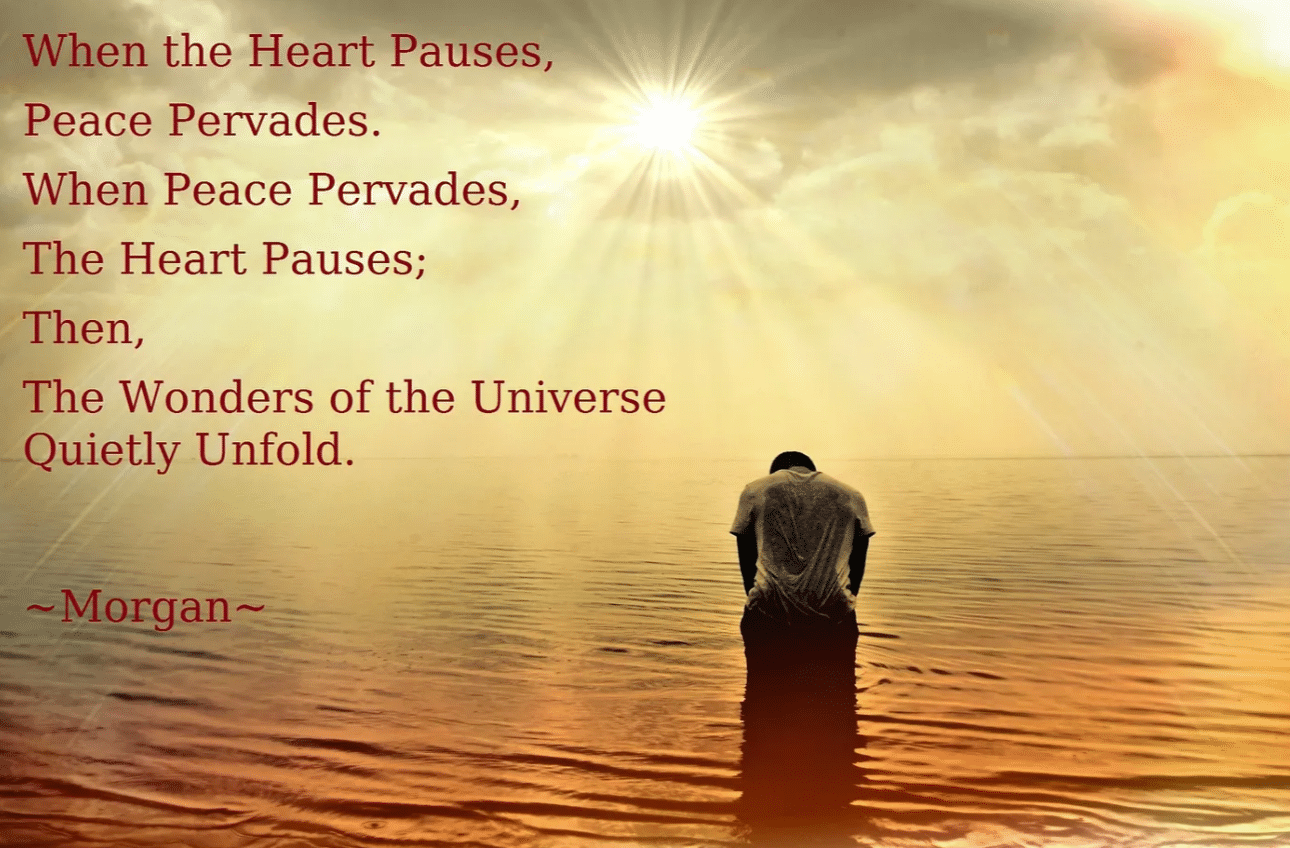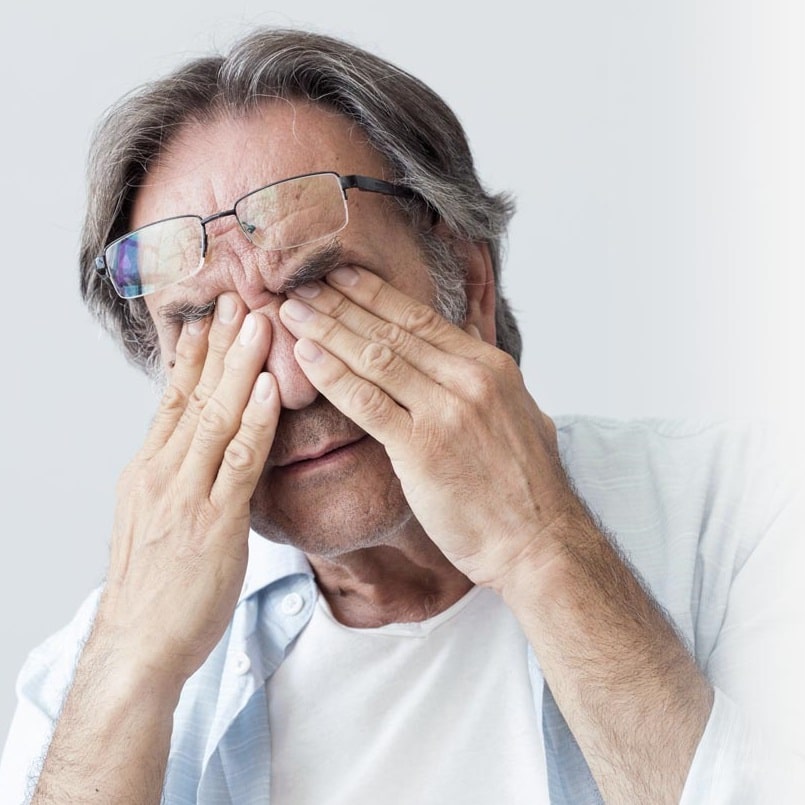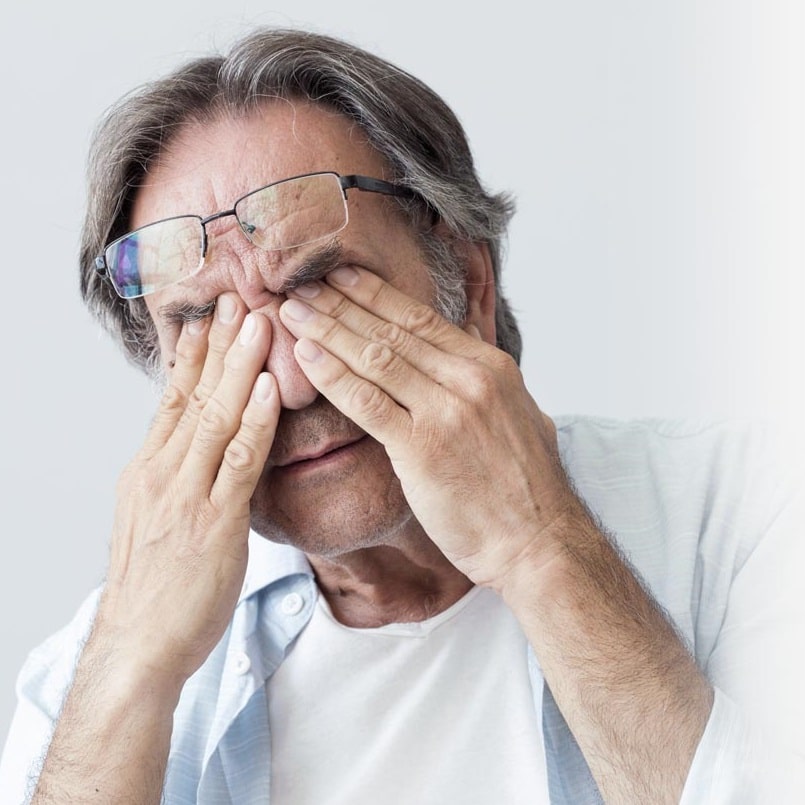
How do you deal with stress?
Does your mind and body respond with anxiety, anger, worry, fear, shock or grief?
In Chinese medicine, certain emotions are related to specific organ systems. It’s healthy to express every emotion you feel but if you feel you find yourself resorting to one emotion, have had a severe or chronic experience with a single emotion, or suppress your emotions then these can create imbalances within your body. Stress is a natural response of the body to the various demands we place on it however let’s look at healthy versus unhealthy stress and how it affects your mind, body and spirit. Unhealthy stress, such as negative emotions and thinking (road rage, talk of terrorism, financial worry), overexertion, poor eating habits, lack of sleep, and environmental pollutants all challenge our health and can trigger physical and emotional problems, particularly if experienced over a prolonged period of time. Over time, these manifestations of chronic stress can progress into more serious health conditions like high blood pressure, ulcers, depression and migraines that may interfere with our quality of life compelling us to seek out interventions like pharmaceutical medications that may have adverse side effects. Unfortunately, modern day stress is an experience that undermines our mind and body. But how we engage with these everyday occurrences will determine our mental, emotional and physical health.
Healthy stress is what we use when are under pressure, whether on our jobs, during an athletic event, or needing to make a quick split decision in traffic. These stressors keep us alert and motivated, and support our body’s strength and vitality.
How does Chinese Medicine deal With Emotions?
Traditional Chinese medicine (TCM) regards any emotion as a possible means of sickness if prolonged or severe. With that in mind, though, acupuncture and TCM does not recognize any mental disorder as one particular syndrome such as depression. Your practitioner will identify your Chinese medical pattern derived from the physical and emotional manifestations of your stress as well as the condition of the rest of your body. Through a comprehensive health history, an acupuncturist has the ability to detect energetic changes that occur in the body and relieve symptoms by restoring equilibrium. By using a variety of techniques such as acupuncture, herbal medicine, Chinese nutritional therapy, non-needle techniques, aromatherapy, stress relief practices and other lifestyle recommendations will restore imbalances found in the body. Chinese medicine won’t remove the stress in your life but it can change how you engage with that stress.
As mentioned, emotional activity is seen as a normal, internal, physiological response to stimuli from the external environment. Within normal limits, emotions cause no disease or weakness in the body. However, when emotions become so powerful that they become uncontrollable and overwhelm or possess a person, then they can cause serious injury to the internal organs and open the door to disease. It is the intensity as much as the prolonged duration, or suppression of emotion which causes damage.
The Seven Emotions
- Grief and the Lungs
A normal and healthy expression of grief can be expressed as sobbing that originates in the depths of the lungs. However, grief that remains unresolved and becomes chronic can create disharmony in the lungs, weakening the lung qi (vital energy). This in turn can interfere with the lung’s function of circulating qi (vital energy) around the body. Coughing, tendency for bronchitis, weakened immunity are all symptoms of deficient lung qi.
- Anxiety and the Lungs
When one feels anxiety, the qi is blocked and does not move.” Anxiety injures the lungs, which control qi (vital energy) through breathing. Common symptoms of extreme anxiety are retention of breath, shallow, and irregular breathing. The shortage of breath experienced during periods of anxiety is common to everyone. Anxiety also injures the lungs’ coupled organ, the large intestine. For example, over-anxious people are prone to ulcerative colitis.
- Joy and the Heart
When one is excessively joyful, the spirit scatters and can no longer be stored,” states the Lingshu (The Vital Axis). In TCM, joy refers to a states of agitation or overexcitement, rather than the more passive notion of deep contentment. Over-stimulation can lead to problems with such symptoms as feelings of agitation, insomnia and palpitations.
- Anger and the Liver
Anger, as described by TCM, covers the full range of associated emotions including resentment, irritability, and frustration. Anger results in stagnation of liver qi (vital energy). This can lead to liver energy rising to the head, resulting in headaches, dizziness, and other symptoms. In the long run it can result in high blood pressure and can cause problems with the stomach and the spleen. It is commonly observed that ruddy, “full-blooded” people with flushed faces are more prone than others to sudden fits of rage at the slightest provocation.
- Pensiveness and the Spleen
Pensiveness (worry or overthinking) is considered to be the result of excessive mental and intellectual stimulation. Any activity that involves a lot of mental effort (students, business owners, and parents) will run the risk of causing disharmony. This can lead to a deficiency of spleen qi (vital energy), in turn causing worry and resulting in fatigue, lethargy, inability to concentrate and digestive disorders.
- Fear and the Kidneys
Fear is a normal and adaptive human emotion. But when it becomes chronic and when the perceived cause of the fear cannot be directly addressed, then this is likely to lead to disharmony. In cases of extreme fright, the kidney’s ability to hold qi (vital energy) may be impaired leading to involuntary urination. This can be a particular problem with children.
- Fright and the Heart and Kidneys
Fright is another emotion not specifically related to only one organ. It is distinguished from fear by its sudden, unexpected nature. Fright primarily affects the heart, especially in the initial stages, but if it persists for some time, it becomes conscious fear and moves to the kidneys.
Ways You Can Restore Your Health
There are several simple things you can do to help nourish the various organ systems. As we know, the body works as a whole with each organ system depending on another to function optimally. When one system is compromised then it can cause imbalance of other organs which may be compensating and therefore further depleting the body. Each organ system can be strengthened in the following ways:
- Spleen: Chew food thoroughly and eat foods that nourish the spleen such as stews with sweet potatoes, carrots, winter squash and parsnips. Avoid eating cold raw foods like salads and smoothies.
- Kidneys: Avoid drugs, alcohol and caffeine. Have fun!
- Lungs: Deep breathing techniques
- Liver: Exercise
- Heart: Meditate
Chinese Medicine Helps With Stress Relief

By working with your practitioner and complying with the comprehensive treatment strategy, you will get back to enjoying the quality of life that you deserve!





